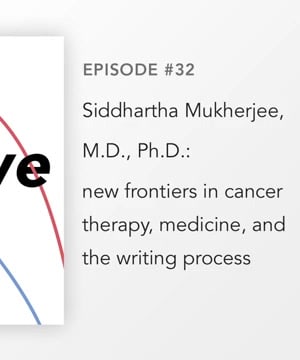Medication Resistance
Sources:
Medication resistance, particularly in psychiatric and chronic illnesses, is a multifaceted issue intertwined with treatment adherence and the inherent complexities of certain conditions.
Key Points on Medication Resistance:
-
Schizophrenia Treatment:
- Non-Adherence and Long-Acting Formulations: Non-adherence to medication is common and can lead to relapse and diminished responses to future treatments. Long-acting formulations ensure patients receive their medication consistently, reducing relapse rates and helping to identify true treatment resistance 1.
- Criteria for Treatment-Resistant Schizophrenia: Diagnosis often involves the failure of at least two antipsychotics from different classes over a significant period (six weeks to four months). The likelihood of responding to antipsychotics other than clozapine in treatment-resistant cases is less than 7% 2.
-
Clozapine's Unique Benefits:
- Beyond Antipsychotic Effects: While not uniquely effective for non-treatment-resistant individuals, clozapine offers significant advantages such as reducing suicide risk, violence, and certain refractory conditions 3.
- Beyond Antipsychotic Effects: While not uniquely effective for non-treatment-resistant individuals, clozapine offers significant advantages such as reducing suicide risk, violence, and certain refractory conditions 3.
-
Insulin Resistance and Medication:
- Complex Treatment Dynamics: Medications like pioglitazone can improve insulin resistance but may lead to weight gain, demonstrating the trade-offs in treating metabolic conditions 4.
- Recent Developments: The emergence of new drugs like PI3 kinase inhibitors for cancer treatment shows promise but can face challenges such as resistance and unexpected side effects like diabetes-like symptoms 5.
-
Antibiotic and Drug Resistance:
- Antibiotic Resistance: The rise of drug resistance in conditions like tuberculosis and general antibiotic use is a critical issue. Long treatment durations and incomplete courses fuel resistance, complicating recovery efforts 6 7.
- Cycle of Antibiotic Resistance: This relentless cycle sees new antibiotics quickly become ineffective due to the rapid emergence of resistant strains, underscoring the need for novel approaches and heightened stewardship 8.
Effective Strategies
Effective strategies involve the use of long-acting formulations, early and proper identification of treatment resistance, and addressing underlying adherence issues with motivational interviewing techniques. Moreover, improving public health policies and fostering innovative research are crucial to combat medication resistance comprehensively.
By understanding these nuances, healthcare providers can better tailor treatments and anticipate challenges, ultimately improving outcomes for patients with medication-resistant conditions.
RELATED QUESTIONS-
